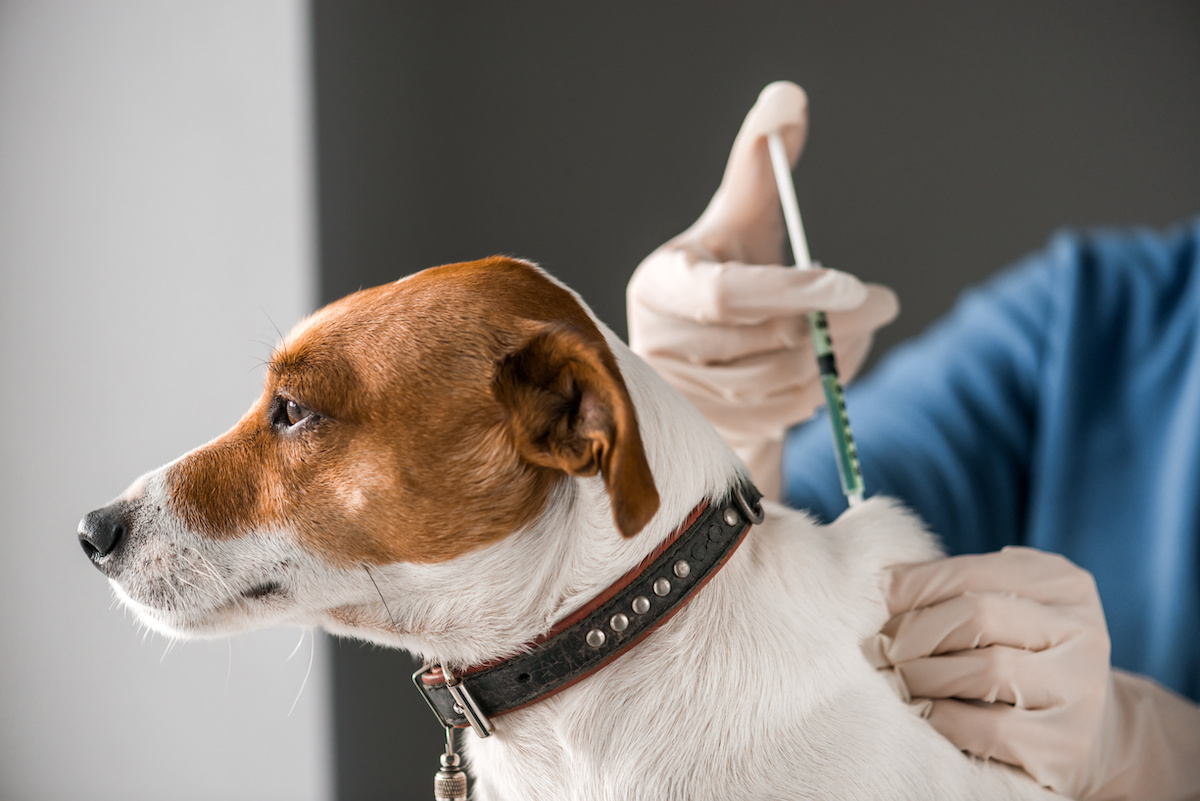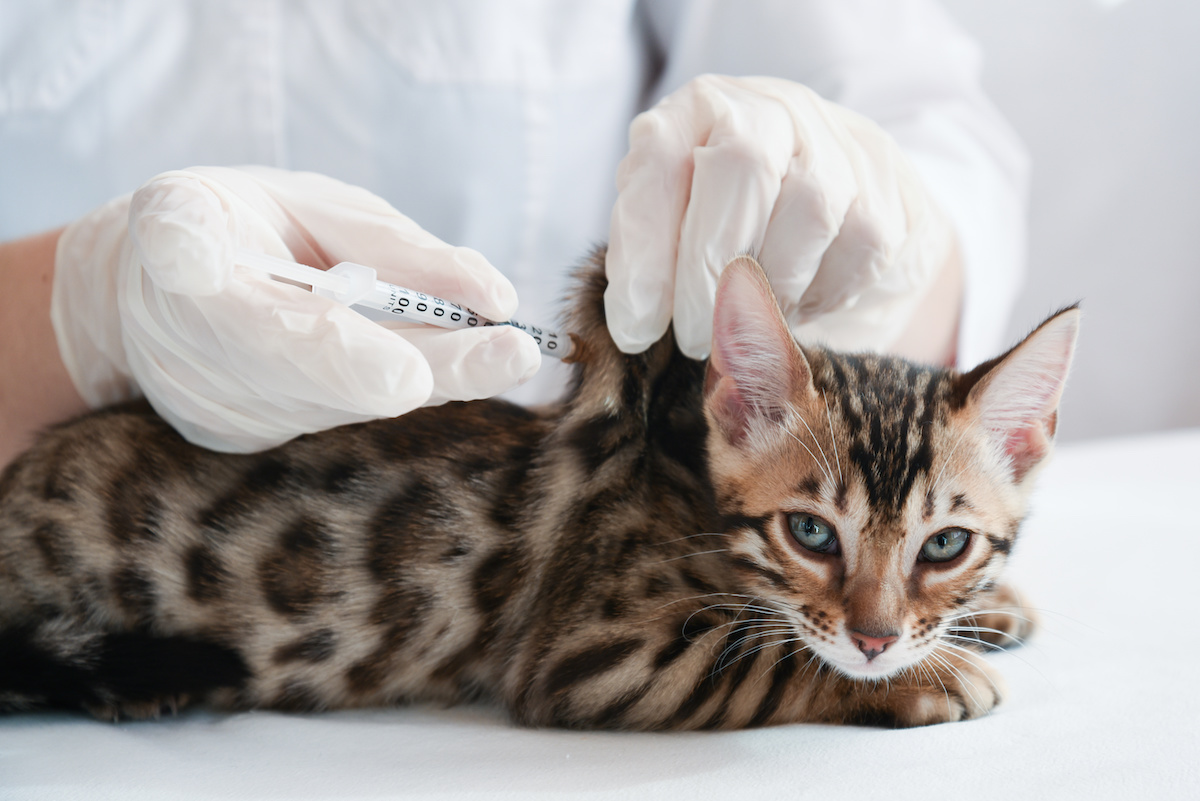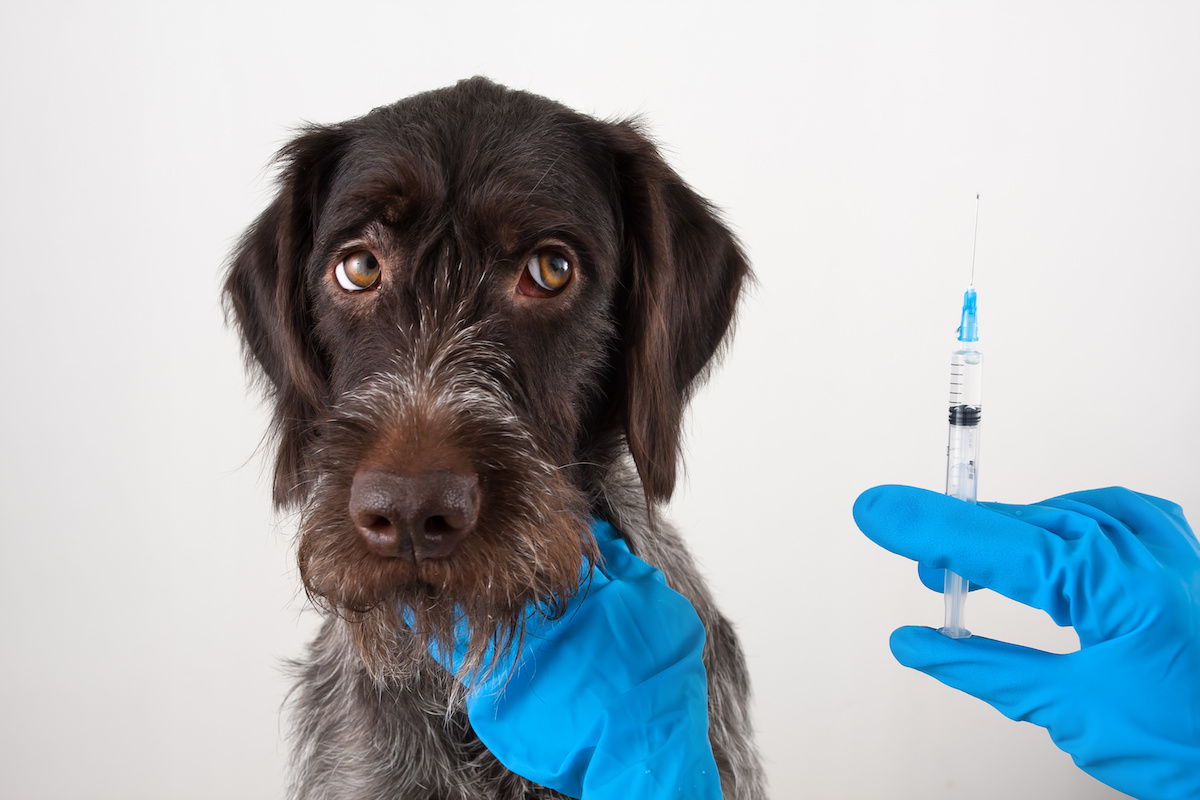Keeping your pet healthy is a top priority for pet owners, and one of the most effective ways to ensure their well-being is by following a proper pet vaccination schedule. Vaccines are essential in protecting your furry friends from a range of infectious diseases, some of which can be life-threatening. But understanding which vaccines your pet needs and when can be a bit confusing. This guide will walk you through everything you need to know about pet vaccination schedules for both dogs and cats, and how following a proper routine can ensure your pet leads a long, healthy life.
Why Are Pet Vaccinations Important?
Vaccines stimulate your pet’s immune system to produce antibodies, which help protect against specific diseases. Some of these diseases, like rabies, are deadly and can also affect humans, making vaccinations essential not only for your pet’s health but also for public safety.
Unvaccinated pets are at a higher risk of contracting diseases, especially when they come into contact with other animals, whether at the park, the vet, or in kennels. Vaccinations are crucial in creating a buffer against contagious diseases, particularly for young animals whose immune systems are still developing.
Vaccines also provide a cost-effective way to avoid expensive treatments for preventable illnesses. Rather than paying for emergency care, a simple and regular vaccination routine can safeguard your pet’s health.

Core vs. Non-Core Vaccines
Pet vaccines are often categorized into two types: core vaccines and non-core vaccines. Understanding the difference will help you determine which vaccines are mandatory and which may be optional based on your pet’s lifestyle.
Core Vaccines
Core vaccines are considered essential for all pets, regardless of their lifestyle or environment. These vaccines protect against diseases that are widespread, highly contagious, and pose a serious health risk to pets.
For dogs, core vaccines include:
- Rabies: A fatal virus that affects the nervous system of mammals, including humans.
- Distemper: A viral disease affecting the respiratory, gastrointestinal, and central nervous systems.
- Parvovirus: A highly contagious viral illness, particularly dangerous for puppies.
- Adenovirus (Canine Hepatitis): A virus that causes liver disease and can be fatal.
For cats, core vaccines include:
- Rabies: Like in dogs, this is a critical vaccine for cats due to the potential for transmission to humans.
- Feline Viral Rhinotracheitis (FHV-1): A virus that causes upper respiratory infections.
- Calicivirus: A common cause of respiratory infections and oral disease.
- Panleukopenia (Feline Distemper): A highly contagious and life-threatening virus in cats.
Non-Core Vaccines
Non-core vaccines are optional and are recommended based on factors such as your pet’s lifestyle, geographical location, and exposure to other animals.
For dogs, non-core vaccines include:
- Leptospirosis: A bacterial infection transmitted through water and soil.
- Bordetella (Kennel Cough): A respiratory illness common in dogs that interact with other dogs, such as at kennels or dog parks.
- Lyme Disease: Spread by ticks, this vaccine is recommended for dogs in areas with a high prevalence of Lyme disease.
For cats, non-core vaccines include:
- Feline Leukemia Virus (FeLV): A virus that weakens a cat’s immune system, recommended for cats that spend time outdoors.
- Chlamydophila Felis: A bacterial infection that affects the eyes and respiratory system.
- Feline Immunodeficiency Virus (FIV): A virus that attacks the immune system, similar to HIV in humans.
Puppy Vaccination Schedule
Puppies are especially vulnerable to diseases because their immune systems are not fully developed. Here’s a standard vaccination schedule to follow for your new canine companion:
- 6-8 Weeks: Start with vaccines for distemper, parvovirus, and adenovirus. Puppies often receive a combination vaccine, sometimes called a “5-in-1,” which covers distemper, parvovirus, adenovirus, and parainfluenza.
- 10-12 Weeks: Administer booster shots for distemper, parvovirus, and adenovirus, as well as the bordetella (kennel cough) vaccine if necessary.
- 12-16 Weeks: This is when your puppy should receive the rabies vaccine, along with a final booster for distemper and parvovirus.
- 16-18 Weeks: If your puppy is in an area where Lyme disease or leptospirosis is a concern, these vaccines should be administered around this time.
After the initial puppy vaccines, your dog will need booster shots to maintain immunity. Most core vaccines are boosted annually or every three years, depending on the type of vaccine and your vet’s recommendation.
Kitten Vaccination Schedule
Kittens are also at risk for several serious diseases, and like puppies, they need a set schedule of vaccinations to build up their immunity:
- 6-8 Weeks: The first vaccines usually cover feline viral rhinotracheitis, calicivirus, and panleukopenia (often administered together as a combination vaccine).
- 10-12 Weeks: Booster shots for the same combination vaccine are typically given at this time, along with the feline leukemia vaccine for kittens at risk of outdoor exposure.
- 12-16 Weeks: At this point, kittens should receive their rabies vaccine and any final boosters for the core vaccines.
After the initial series, annual or triennial boosters are needed to maintain immunity, similar to dogs.
Adult Pet Vaccination Schedule
Once your pet reaches adulthood, they will need fewer vaccinations than during their first year of life, but booster shots are still critical for long-term health. Your vet will help you decide the appropriate schedule, but here’s a general guideline:
- Core Vaccines: Typically, adult pets receive boosters every 1-3 years for core vaccines like distemper, rabies, and parvovirus (for dogs) or panleukopenia (for cats).
- Non-Core Vaccines: Depending on your pet’s exposure risk, non-core vaccines may be administered annually, especially if your pet boards at kennels, attends doggy daycare, or spends a lot of time outdoors.
Risks and Side Effects of Vaccinations
While vaccinations are essential, some pets may experience mild side effects after receiving them. These are usually short-lived and may include:
- Mild fever
- Lethargy
- Reduced appetite
- Swelling at the injection site
In rare cases, pets can have more serious reactions, such as vomiting, diarrhea, or allergic reactions. If your pet exhibits any of these symptoms, contact your vet immediately.
It’s also important to note that certain pets, particularly those with compromised immune systems or specific health conditions, may not be suitable for all vaccines. Always discuss your pet’s unique health needs with your vet before beginning a vaccination schedule.
Titer Testing
If you’re concerned about over-vaccinating your pet, titer testing can be an alternative. A titer test measures the level of antibodies in your pet’s blood, which can indicate whether they still have immunity against specific diseases. While this isn’t a substitute for all vaccines (especially rabies, which is legally required in many areas), it can help determine whether your pet needs boosters for certain diseases.

Choosing the Right Vaccination Schedule
Your veterinarian will play a key role in developing a personalized vaccination schedule for your pet. Factors such as age, breed, health condition, and lifestyle will all influence the timing and type of vaccines your pet receives.
For example, pets that live in areas where certain diseases are prevalent may require additional non-core vaccines. Similarly, pets that spend time at dog parks or are frequently boarded may benefit from vaccines like bordetella to protect against kennel cough.
Trust Animal Care Center for Your Pet’s Vaccinations
At Animal Care Center, we prioritize your pet’s health and well-being. Our experienced veterinarians will guide you through the vaccination process, ensuring that your pet receives the right vaccines at the right time. We believe in proactive care and will work with you to tailor a vaccination schedule that meets your pet’s unique needs.
Our team is dedicated to providing a safe and comfortable environment for your pets, ensuring that every visit is as stress-free as possible. Whether you have a new puppy, kitten, or an adult pet needing boosters, we are here to help.
Vaccinations are a key component of responsible pet ownership. By following a proper vaccination schedule, you can protect your pet from serious illnesses and ensure they live a healthy and happy life. At Animal Care Center, we’re committed to helping you navigate the vaccination process with ease, providing expert guidance and compassionate care every step of the way.
Don’t delay in safeguarding your pet’s health—contact us today to schedule an appointment for vaccinations. Your pet’s health is our priority!






